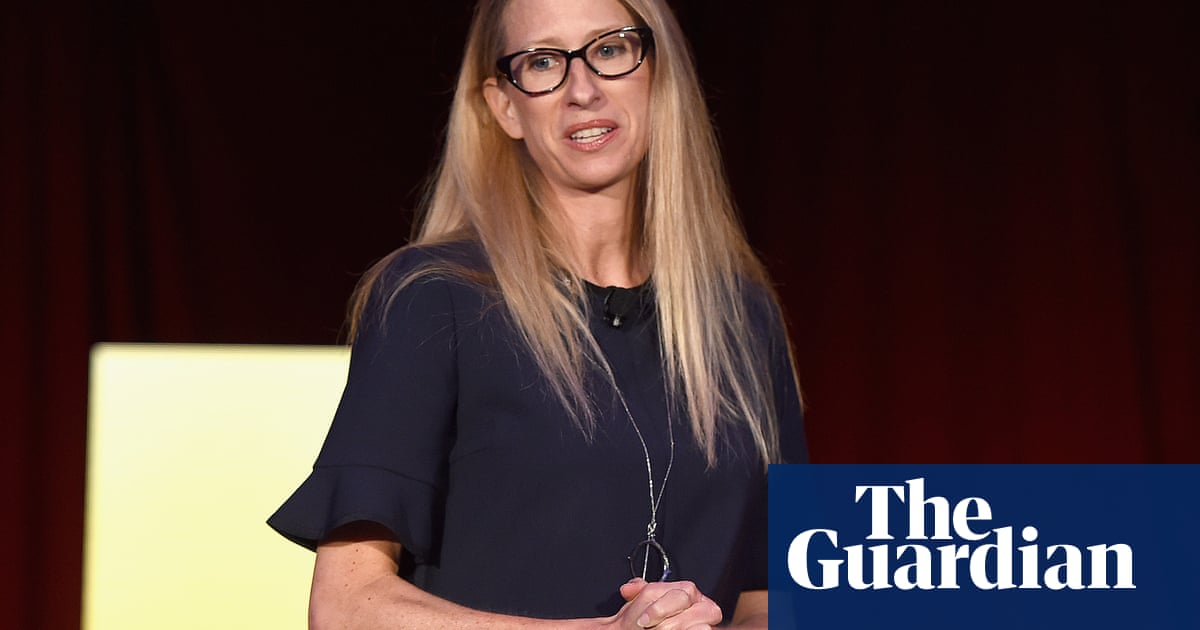The BBC director general and the boss ofSkyhave criticised proposals to let tech firms use copyright-protected work without permission, as the government promised that artificial intelligence legislation will not destroy the £125bn creative sector.
The creative industry has said thatoriginal proposals published in a consultation in Februaryto give AI companies access to creative works unless the copyright holder opts out would “scrape the value” out of the sector.
Dana Strong, the group chief executive of Sky, compared the proposal to its own battles against TV piracy and said individuals and small companies would not have the experience and financial resources to protect their intellectual property.
“Sky is one of the leading forces in trying to fight against piracy,” she said, speaking at theDeloitte and Enders Media and Telecomsconference.
“As I look ahead to artificial intelligence, protecting copyright is a very big issue, and I think some of the consequences of the opt-out are impossible to police. If we as a large organisation spend the resource we do fighting for intellectual property rights, I can’t fathom how small producers keep up with a change of that nature. It is impossible to head in that direction.”
Tim Davie, the director general of the BBC, said the government needed to put protections in place because the industry faced a potential crisis as the consultation dragged on.
“If we currently drift in the way we are doing now we will be in crisis,” he said. “We need to make quick decisions now around areas like … protection of IP. We need to protect our national intellectual property, that is where the value is. What do I need? IP protection; come on, let’s get on with it.”
The industry would like to see an opt-in regime, forcing AI companies to seek permission and strike licensing deals with copyright holders before they can use the content to train their models.
In response, the culture secretary,Lisa Nandy, sought to allay fears and said she and Peter Kyle, the technology secretary, would begin roundtable discussions with the creative industries to ensure legislation does not harm the sector.
“We have heard you loud and clear,” she told the 800 attenders at the conference. “We are determined to find a way forward that works for the creative industry and creators as well as the tech industries. The issue of AI and copyright needs to be properly considered and enforceable legislation drafted with the inclusion, involvement and experience of both creatives and technologists.”
Sign up toBusiness Today
Get set for the working day – we'll point you to all the business news and analysis you need every morning
after newsletter promotion
Last month, the government facedaccusations of being too close to big techafter analysis showed Kyle and his department met people close to, or representing the sector, 28 times in a six-month period.
The government has alreadydrawn up some concessions– including promising to carry out an economic impact assessment of its proposed copyright changes, and to publish reports on issues including transparency, licensing and access to data for AI developers – after a backlash from some of theUK’s best-known creators, including Elton John and Paul McCartney.
“We approach you with no preferred option in mind,” Nandy said. “We are a Labour government, and the principle [that] people must be paid for their work is foundational. You have our word that if it doesn’t work for the creative industries, it will not work for us.”
